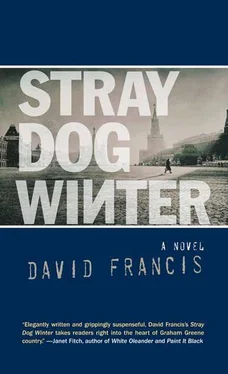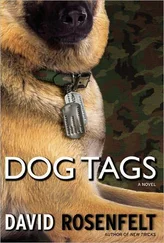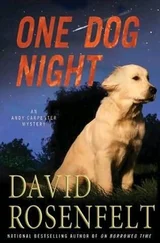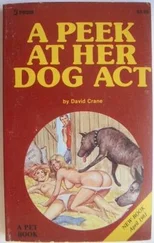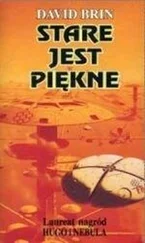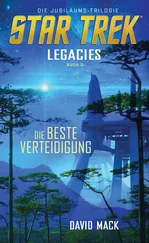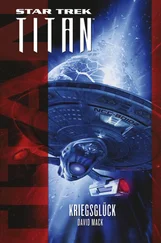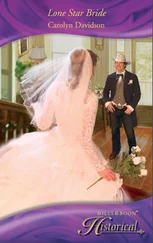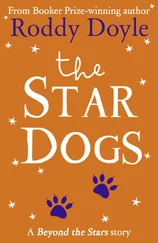Darcy curled up in the damp, fetid blanket, too tired to sleep, his mind spinning out like a wheel. The hanging bulb went out as a knocking began from beneath the bed, four beats then three, then a flurry. The grate in the door opening, the guard’s eyes looking in. Darcy turned to the bricks, to the wet day at Monash when Fin stole his car keys and then disappeared, even though she hated to drive in the rain. Images of her and Jobik on a blustery Melbourne afternoon, the Corvair parked in a dark garage near Albert Park, the two of them breathless and silent, waiting for the sirens to pass, or fucking on the strength of it, the sound of the explosion still resounding in their ears. The kind of killings Darcy’d heard of on the news, as if they’d happened far away, like history from school, Johnny Turk mowing down ANZACs by the thousand on the cliffs of Gallipoli, everyone’s great-uncles. Darcy had a vague memory of the Armenian massacres, same country, same year, 1915. But Fin had never mentioned them.
The bulb came back on. A creak at the door and the wrenching of locks. A baba shuffled into the angle of light. Darcy squinted at her; the same old woman from the interview room, in her pale blue coat with her bucket, her unfeeling eyes. She placed the bucket on the chair with a sliver of white soap and the ripped end of a towel.
The bucket like an altar and the cement like ice beneath his knees, Darcy dabbed his bruised cheek with tepid water, pushed his wet hair back over his scalp, his head still unshaven, no grey prison pyjamas. He thought again of his mother. Would it be Sunday there or still Saturday? Who would she tell?
The baba placed a beaker of watery porridge and a metal cup of tea on the floor then left. Darcy wolfed the porridge and tea without tasting, then promptly threw half of it up on the cement, a whirring in his head. There was a guard observing through the half-open door, a narrow gaze, a head too small for the brim of his cap, a sparrow’s mouth. A handgun in its holster and a truncheon he knocked against the door. If it was morning already, Darcy knew he’d lost all track of time. He wiped his lips, unsure he’d be able to stand.
The guard viewed Darcy with a blankness he found unnerving as they waited behind tall iron gates. Under a yellow light a distant prisoner was pushed into an empty cell and as the light went off, Darcy realised it meant they could pass. No display of the cadaverous boy they’d shown him in the hall, no tattooed opuscheny this time. They entered an open elevator cage that ratcheted up. The muted stench of the drains. Darcy stared down at the guard’s black boots and focused on breathing, keeping the vestiges of oatmeal down. He scuffed along a corridor, a guard now in front and one behind, and thought of Aurelio’s last words. Your face it is sore but it is nothing. Maybe my father likes you.
In the interview room, the general was already seated, his silver lunch box beside him, an astrakhan coat draped over the back of his chair, a picture of Lenin now hung directly behind him. The general stared up at Darcy from the folder of photos, but didn’t say anything, softly tapped his glasses on the table and nodded for Darcy to sit in the same wooden chair as before. Just a creepy, knowing smile. Darcy looked over to where the dog had been. The cage was gone.
The general rose slightly but didn’t get up as a man in a pair of rimless specs appeared, a brown felt fez with a small tassel. He had a pursed mouth and crow-black eyes, and a cold sweat rose on Darcy’s back as the man removed his fez and placed it fussily on the table, smoothed his neatly parted toupee. He acknowledged the general but didn’t shake his hand as he sat beside him, assessed Darcy. I am with Turkish intelligence, he said.
Say dobry den to Consul Tugrul, said the general.
Darcy felt like a sheep emerged from a river. He avoided the perfect hairline, the moustache trimmed close along the thin upper lip. He looked instead at Lenin.
This is for you, said the Turk. He placed a photo of his own on the table, and Darcy noticed the clear-polished nails. A colour shot of Jobik in a baseball cap, leaning on a chain-link fence, a bombed-out building behind him. Jobik was younger, posing cockily in a tight-fitting T-shirt as though the bomb might have been one of his own. The fluorescent light buzzed in a way that had Darcy struggling to concentrate.
You must know something of this man, said the Turk, inquisitive, patient, his English almost perfect. If you can help us, maybe General Sarfin can help you. We extend you a leaf.
Darcy looked up at the general, who seemed slightly bemused, as if aware Darcy had nothing to offer the Turk, but Darcy tried to put himself back in the kitchen on Baden Powell Drive, his father telling him that Fin had disappeared to Queensland, but he couldn’t yet conjure the last name. He swallowed. When I was a boy in Australia, he said to the Turk, he went by the name of Jostler. I knew who he was but I didn’t really know him. Darcy looked up again at Lenin and it appeared like a gift in three syllables. His surname was Garabed, he said, back then.
Yes, said the Turk, nodding. Arman Garabed. He’s the leader of the military wing of the Dashnak party. He spoke slowly, as if trying to sense what else Darcy had for him. He reached across the table, curled a long narrow hand about Darcy’s forearm, and squeezed the muscle tightly. What else? he asked. He let Darcy go.
The light from the bulb seemed to increase as though monitored from elsewhere. Darcy looked down at the whorls in the wooden tabletop. He remembered Jobik in jeans against his burgundy Monaro, on the beach at Flinders, how he almost drowned. He said nothing.
The Turk produced a sheet of paper and read from a list. Sarik Ariyak, he said, Turkish Consul-General, Melbourne. August 1983. Again he watched for Darcy’s response.
Blinking, Darcy pretended not to understand; the sound of the sea returned in his ear, the light now brilliant as halogen. He shielded his eyes as the general pushed another photo across the table—Fin smoking a papirosa on the steps of a theatre that wasn’t the Bolshoi. Wearing her red twenties dress, the print with black fireflies on it, under a green coat. The Turk ordered Darcy to stop his nervous humming, his tone suddenly hostile. He now stood over the table, over Darcy and this new photo. He lit a dark unfiltered cigarette. Then what do you know about her? he asked.
She brought me here to paint, he said.
The general grunted, examining a separate photo.
A picture for an exhibition, said Darcy. I painted it for her.
We know she is not much of an artist, said the Turk. He balanced his cigarette on his lower lip and turned the matches in his fingers. A turbaned horseman adorned the matchbox cover. How long do you know her?
Darcy looked at the general again, a curve at the corners of the general’s mouth. She’d only changed her last name three years before, but maybe the Turk didn’t know. I met her at university, said Darcy. He counted it as truth—they’d met up in the Ming Wing, Fin by his side like an apparition.
The Turk put his cigarette down on the edge of the table and reached into his leather folder for a piece of paper. Monash University, he said. Clayton, Victoria. A hotbed, no? He put the paper down. Before that she was at Berkeley, California. He paused. Were you religious? he asked.
He saw Darcy’s puzzlement.
The Dashnaks are Orthodox Christians, he said.
Darcy shook his head cautiously. I was a Marxist, he said. But I’m not sure now.
The Turk fished for another document, showed Darcy a sheet of red paper. Sixty-one killed since 1973. He pointed at the page. Attachés, consuls, ambassadors, wives. Vienna, Vatican City, Ottawa, Paris, Los Angeles. He reattached his cigarette to his lips, took another pull. Funded by Armenians from west of the Bosporus. From United States, Australia, you can name it.
Читать дальше
